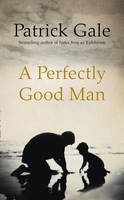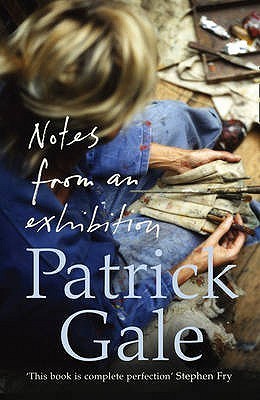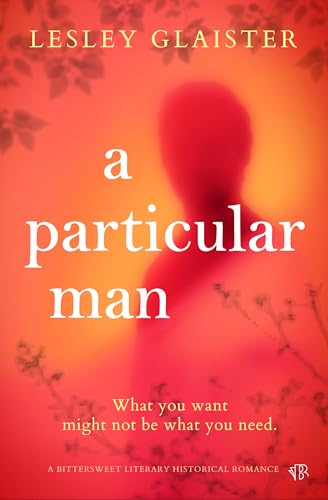
A Perfectly Good Man
Book Description
A perfect life shatters in a single moment. When a quiet, unassuming man becomes entangled in a scandal that rocks his small community, the consequences reverberate far beyond his control. Secrets unfurl like dark petals, revealing hidden desires and fractured relationships that entrap everyone in their wake. As loyalties are tested and identities questioned, each character must confront their own truths and the facade they’ve built. Torn between love, betrayal, and redemption, can anyone emerge unchanged? Just how far will they go to preserve their fragile sense of self amid the chaos?
Quick Book Summary
"A Perfectly Good Man" by Patrick Gale explores the quiet unraveling of Barnaby Johnson, a beloved parish priest in a Cornish village, whose life is upended when a shocking event pulls hidden secrets into the open. As Barnaby becomes embroiled in a scandal that shakes his church and family, the novel delves into the interwoven lives of the villagers, each carrying their own wounds and secrets. Narrated from multiple perspectives, the story reveals how a single incident exposes unspoken desires, past regrets, and the fragile nature of perceived goodness. Through compassion and psychological insight, Gale examines themes of forgiveness, morality, and the true complexity of human relationships, questioning whether anyone can remain unchanged when confronted by truth and crisis.
Summary of Key Ideas
Table of Contents
The Fragility of Reputation and Goodness
Barnaby Johnson, the central figure of the novel, is a respected priest in a rural Cornish town, revered for his gentle manner and unwavering commitment to his parishioners. One Sunday, Barnaby is asked by Lenny, a troubled young man, to be present during his assisted suicide in the church crypt. This harrowing choice sets off a chain reaction, forcing Barnaby—and those around him—to face uncomfortable truths. The event exposes the precarious balance between professional duty, compassion, and personal vulnerability that defines Barnaby’s existence, raising questions about what it means to be good and the cost of carrying other people’s pain.
Navigating Moral Ambiguity
The impact of the scandal ripples through Barnaby’s family and the wider community. His wife, Dorothy, must confront her own grievances and the sacrifices made for her husband’s calling, while their children—Jim and Carrie—grapple with long-held secrets and resentments. The wider community projects their hopes, fears, and judgments onto Barnaby, both elevating him and rendering him a scapegoat as their own frailties are mirrored in his predicament. Relationships fracture and realign as characters reassess what they owe to themselves, their families, and their neighbors.
Family, Community, and Hidden Wounds
As truths unravel, the novel intricately explores the moral gray areas that exist within well-intentioned lives. Gale dwells on the slippery nature of good deeds, showing that even actions grounded in love or compassion can lead to dire consequences. The perspectives of multiple characters, from Barnaby to the villagers affected by his choices, shine light on the personal struggles that provoke both empathy and judgment. Facades are peeled away, challenging each character to examine the authenticity of their motives and the lives they’ve constructed.
The Complexity of Forgiveness
The burden of forgiveness, for both oneself and others, emerges as a persistent theme. Barnaby seeks redemption for his role in Lenny’s death and the ways he’s failed those dearest to him. His journey is mirrored by his family and parishioners, each of whom wrestles with their failings and the possibility of starting anew. Gale probes whether forgiveness demands forgetting, or simply a raw acceptance of one another’s complexities and limitations.
Confronting Identity and Change
Ultimately, "A Perfectly Good Man" is a nuanced portrayal of identity and transformation in the face of crisis. Few characters emerge unscathed, and the village’s collective trauma alters the community’s fabric. Through deep character studies and emotionally resonant storytelling, Patrick Gale examines whether personal integrity can withstand the forces of shame, love, and societal expectation, pushing readers to contemplate the ever-present tension between who we are and who we strive to be.
Download This Summary
Get a free PDF of this summary instantly — no email required.





